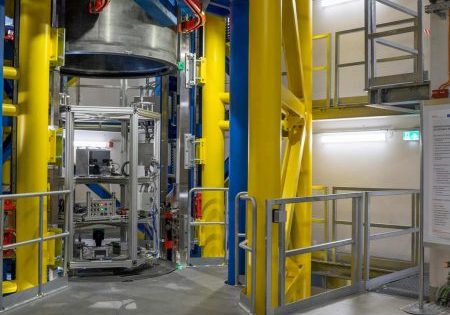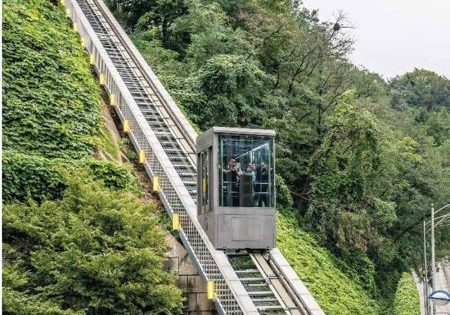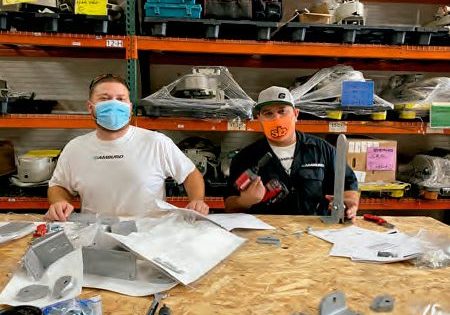Choosing a Brake for Elevator Machines
Nov 1, 2020
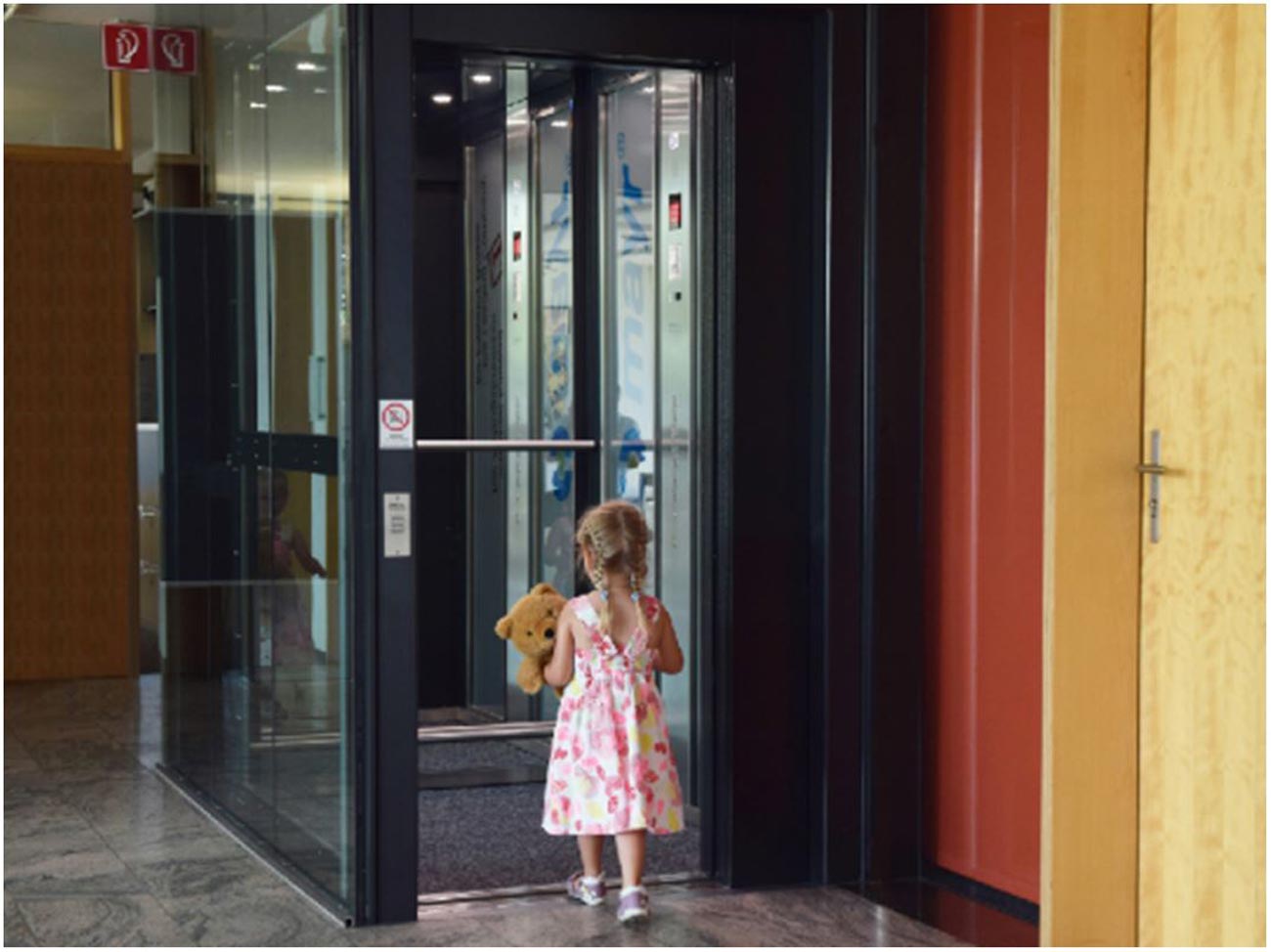
The selection of reliable safety brakes is discussed in this Readers’ Platform.
The safety of elevator passengers has top priority. Gearless elevator machines are today’s state of the art. Every component, especially the integrated safety brake, should be carefully considered, because safety-relevant components, such as the brakes, must accord with the highest-quality requirements. However, due to the intense global competition in the industry, price repeatedly plays a primary role, even for safety-relevant components. Despite this market situation, a well-founded selection of reliable products must be made, as safety does not allow for compromises.
Passenger elevators are still among the safest means of transportation. The accident and fault statistics verify that technically high-quality products that have been tested reliably in advance are used. This must remain the case in the future. However, the selection of the correct product is becoming increasingly difficult, especially in the field of elevator brakes. Ten years ago, only a few brake manufacturers (mainly medium-sized companies with a lot of experience) were active in the elevator brakes market. Their competence ensured the required quality and reliability. The globalization of the market for elevator drives, the enormous intensity of the competition and the related problems with copies, however, have led to growing competitive pressure over the past decades, even regarding safety-critical components such as elevator brakes.
In the past, clear commitment to reliability and optimum quality was shown. Today, however, market participants repeatedly state the price first during dialogues. New, young market participants, particularly from China, offer products at low prices on the global market but have little experience in the field. These have radically altered the situation and are increasingly focused on gearless technology. Yet, precisely in this application, reliable elevator brakes from manufacturers with experience are essential. Inexpensive brakes with cuts on the materials used and on the safety of the products conceal incalculable risk.
Specifying and Testing Brakes
Globally active elevator manufacturers increasingly rely on quality components and orient themselves on the European standard EN 81. The leading large companies also make substantial efforts to specify the requirements on safety-relevant components as precisely as possible and to align them in complex testing procedures. In addition, these companies have appropriate input from the market, which makes it easy to continuously provide more details for products or product requirements and incorporate critical points into the qualification process.
Smaller elevator companies and motor manufacturers, however, may neither receive feedback through field data, nor possess the resources to employ a large engineering team, and generally work using simpler methods of specifying a brake and testing it. They frequently lack the bandwidth and supply only regional application areas in which certain issues may not occur often. Therefore, if such a drive manufacturer requires reliable brakes, they will orient themselves on the points hitherto known to them. Over the course of business development in other markets, however, they may well be confronted with other conditions that reveal new issues.
Which criteria can a manufacturer of elevator motors — in gearless technology, in particular — apply to the selection of a reliable brake?
Production Competence and Certified Quality Process
As is generally the case in the field of purchasing, the prospective supplier should first be looked at in detail. A company does not qualify itself simply through the fact that it can manufacture brakes. Appropriate production competence and a certified quality process are essential prerequisites, as is well-founded experience with brakes for elevator drives. For this purpose, the company must have had many elevator brakes on the market for many years. Only in this way is it in a position to know the risks and supply reliable products.
Prototype tests in which elevators are tested once for their functionality say nothing about the quality of the brakes when large quantities are produced. Johann Eberle, sales and marketing director at Mayr Power Transmission, explains:
“Every single brake must be supplied in the required quality. For this, an appropriate test routine is required. The risk often lies in the fact that manufacturers with less experience are, so to speak, unaware of what they don’t know. In order to guarantee the required safety, clear processes, comprehensive testing possibilities, years of experience and highly qualified employees represent essential prerequisites. This costs money, but only in this way is safety achieved. In the future, not the cheapest, but rather the most reliable provider will prevail on the elevator market.”
Quality Controls
Mauerstetten, Germany-based Mayr has developed and produced elevator brakes for nearly 20 years, during which time these brakes have proved their worth on the market hundreds of thousands of times. The company has launched the rectangular elevator brake, the contactless and wear-free switch for release monitoring and many application-optimized brake solutions. All Mayr safety brakes are subjected to quality checks during design, in addition to a comprehensive final test. Prior to delivery, all brakes are extensively tested on test stands, and function-relevant values are documented. An electronic database, in which the measurement values and associated serial numbers of a product are stored, ensures full traceability. The same quality standards apply for the other Mayr production plants in China and Poland, where the quality management system is also certified according to ISO 9001.
To cover its continuously growing demand, Mayr opened a new plant with a production of almost 8,000 m2 directly adjacent to its existing subsidiary in Zhangjiagang, China.
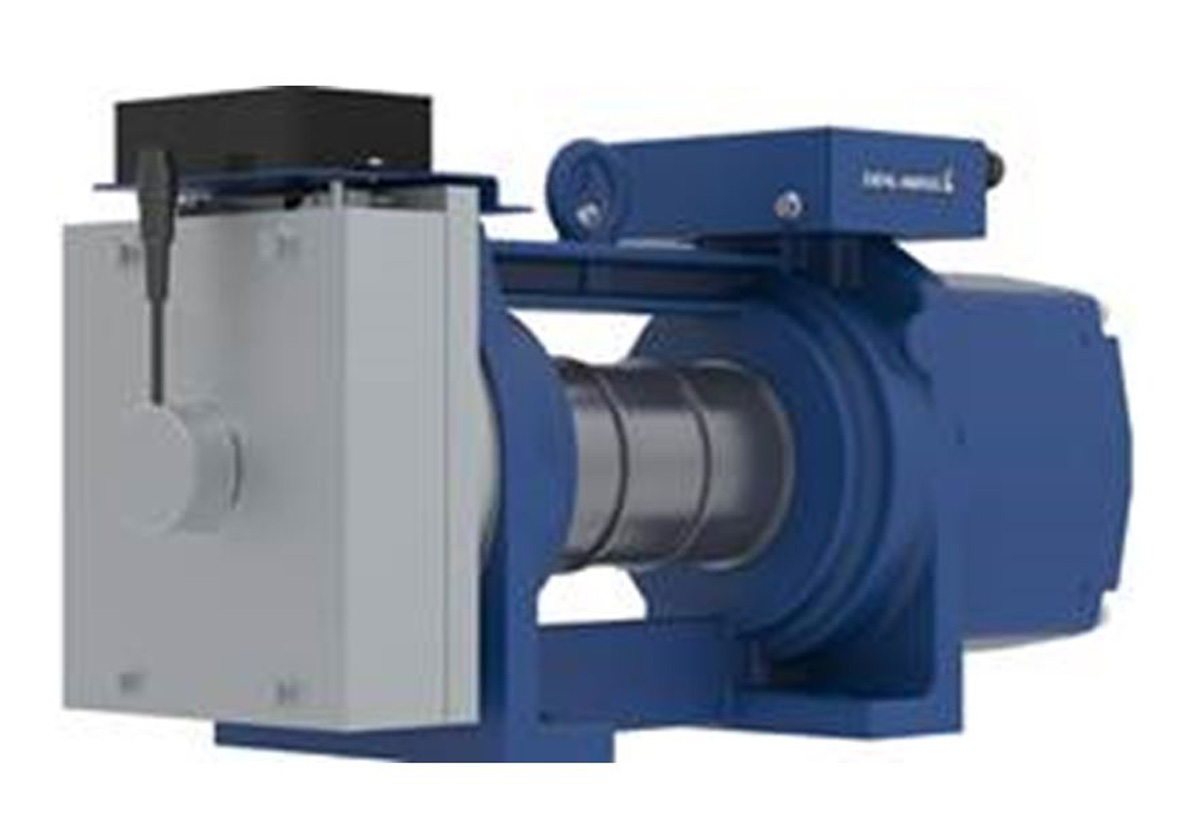
Designed for Long Life When selecting a brake supplier, the evaluation of the company regarding quality and reliability, and product specifications and their adjustment to the required criteria are of the utmost importance. Here, it is especially important that the elevator brakes are also considered under critical conditions, such as high outside temperatures or high air humidity. Furthermore, it is important that specified values are not only achieved when the drive is new, but that their characteristics are assessed over the entire service lifetime. Eberle added:
“The years of experience and countless tests conducted by our development and research department in the Mauerstetten headquarters form the basis for a conscientious product designed to last its intended lifetime, taking into account realistic and verified braking torque tolerances. All the brake components are reliably dimensioned and are only produced from high-quality, known and proven materials. Our brakes are dimensioned so that they can reliably achieve the required nominal torque under all occurring operating conditions, independent, for example, of the ambient temperature or the air humidity.”
Conclusion
Successful drive manufacturers are increasingly making use of quality products. It is better to follow their example and, without compromise, specify the appropriate brakes from renowned manufacturers and ensure these are also used via, for example, the inspection of the type tags. This ensures these important components provide the expected reliability. Elevator operators in such facilities as the Munich International Airport have recognized, too, that the appropriate production competence and maximum care are essential for reliable passenger transportation, as safety does not allow for compromises.
Get more of Elevator World. Sign up for our free e-newsletter.


